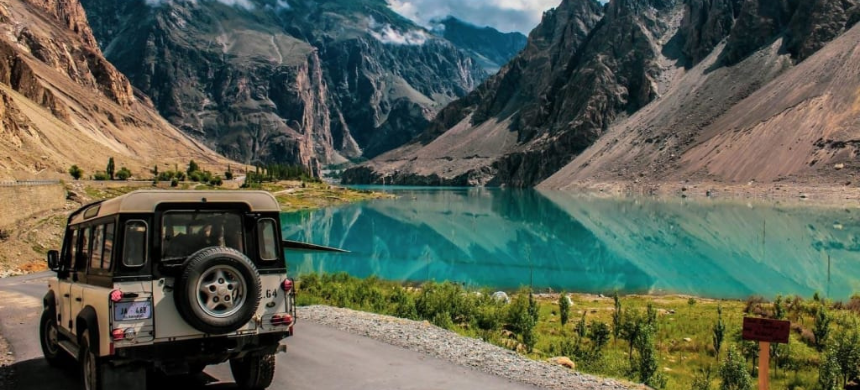Rising Tensions Between India and Pakistan Hit Tourism in Gilgit-Baltistan
GILGIT-BALTISTAN – Tourism in the scenic region of Gilgit-Baltistan is facing a severe downturn as rising tensions between India and Pakistan continue to affect visitor confidence. Numerous foreign tourists have canceled their trips, leading to substantial losses for local tour operators.
Tourism Losses Soar for Local Operators
Ali Anwar Khan, the General Secretary of the Gilgit-Baltistan Tour Operators Association, revealed that each operator has lost between $50,000 (Rs. 14.1 million) and $80,000 (Rs. 22.5 million) in revenue this year.
Read more: Shogran Valley Transformed by Fresh Snowfall, Boosting Tourism
The primary cause of this decline is increased fears of conflict following a deadly attack in Indian-occupied Kashmir in April, which led many countries to issue travel warnings. Tourists from Europe, Thailand, and other countries have canceled their bookings, while some who had already arrived are eager to cut their trips short due to safety concerns.
Impact on Mountaineers and Climbers
The rise in geopolitical tensions has also affected mountaineers coming to scale famous peaks like K2. Delays in legal permit processes, particularly concerning permit fees, have left hundreds of foreign climbers waiting for clarity on their travel arrangements.
Decline in Foreign Tourists Amid Domestic Growth
Last year, around 25,000 foreign tourists visited Gilgit-Baltistan, but this figure has seen a sharp decline this year due to the prevailing situation. However, domestic tourism remains strong, with 1.5 million Pakistani visitors to the region last year. Despite this, the loss of foreign tourists represents a significant economic blow to the local tourism industry.
This situation underscores the fragility of tourism in regions affected by political instability, as global tensions directly impact the livelihood of local operators and the economy.











